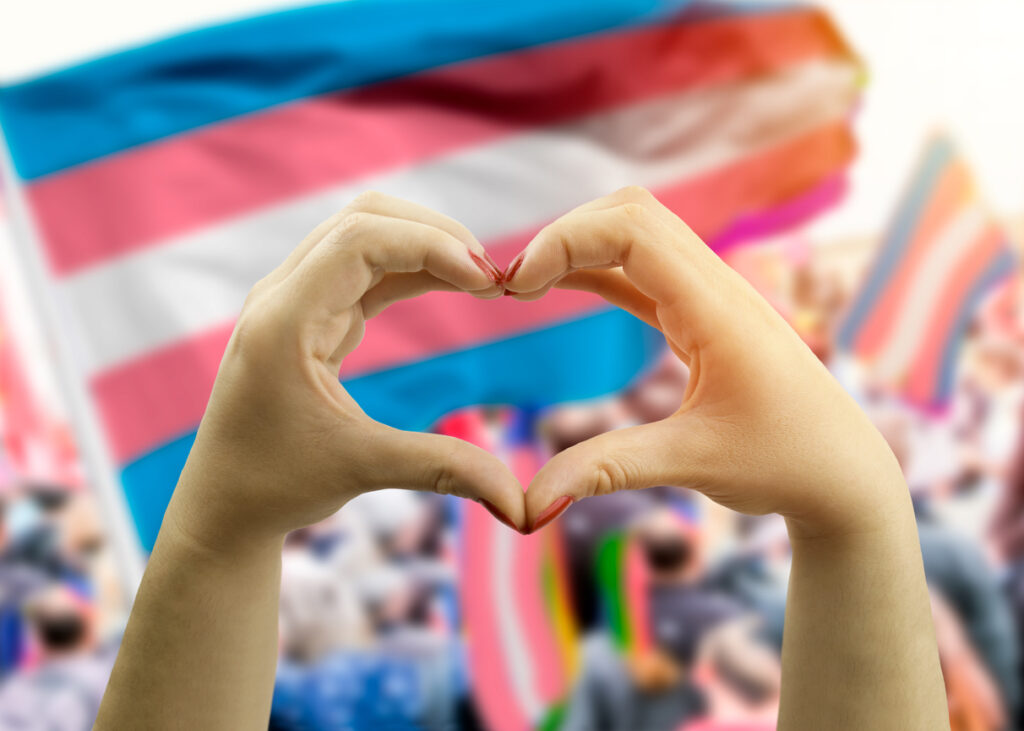International Transgender Day of Visibility is celebrated on March 31st every year “to raise awareness about transgender people. It is a day to celebrate the lives and contributions of trans people, while also drawing attention to the poverty, discrimination, and violence the community faces” (GLAAD).
The day was first observed in 2014 to honor both activists and trans people in general. In recent years, and especially this year, it is important to celebrate transgender people. 2021 was the year with the most radical legislation regarding transgender people; politicians are using the most aggressive language yet in their legislation to limit gender-affirming healthcare, trans people’s participation in sports, and the mentioning of trans people in the classroom.
It isn’t difficult to grasp that many politicians and their constituents are under the impression that transgender people are just a “trend,” an exclusively modern-day perversion of tradition. However, writings from and about trans people have existed for more than centuries; in fact, many archaeological findings that are factual and not tainted with the finder or interpreter’s bias will convey that it was rare to find a society with only two genders in the pre-colonialism world.
“Father in heaven who did miracles for our ancestors with fire and water…You transformed the rock into water, hard flint to a fountain. Who would then transform me from a man to woman?…the sorrow of the impossible is a human pain that nothing will cure and for which no comfort can be found. So, I will bear and suffer until I die and wither in the ground.”
-Kalonymus, circa 1322 CE.
Beginning in 1919, scientist Magnus Hirschfeld opened the Institut für Sexualwissenschaft (translated to the “Institute of Sexology”) which revolutionized the study of sex, but all of it was destroyed in the infamous Nazi book burnings. When the study of transgender people re-emerged after World War II, it was no longer from a biological standpoint but a negative psychological one. In the modern day, scientists have reverted to studying the neurology and biology behind being transgender.
The evidence found in these studies suggests that gender is not determined by the body, but by physical components of the brain that “therapy” could not–and will not–change.
All this is to say: it is a fallacy that transgender people are out to hurt or convert anyone. They are a biological reality and they are most often just trying to live their lives without enduring hate or violence.
“I BEG ALL ADULTS, PARTICULARLY SCHOOL OFFICIALS, TO BE EXTRAORDINARILY CHARITABLE AND SYMPATHETIC WITH GIRL-BOYS AND OTHERS…GUARD AGAINST DOING ANYTHING THAT WOULD LEAD THE DISGRACED TO COMMIT SUICIDE, WHICH EVENT IS FAIRLY COMMON.”
-Jennie June, in an unpublished autobiography from 1921.
It’s only with a curious and unbiased mindset that we can end the ruinous polarization in our generation (and older ones) and come to a mature, fair, and peaceful conclusion.
So, why recognize International Transgender Day of Visibility? Because it is a recognition of the humans in our society that have been silenced and erased throughout history, despite being biologically and psychologically normal. It is a display of love and hope that people will accept one another exactly as they are.
Featured image credit: Walden

